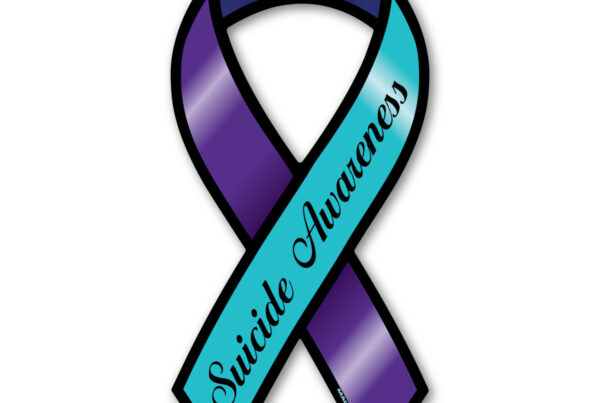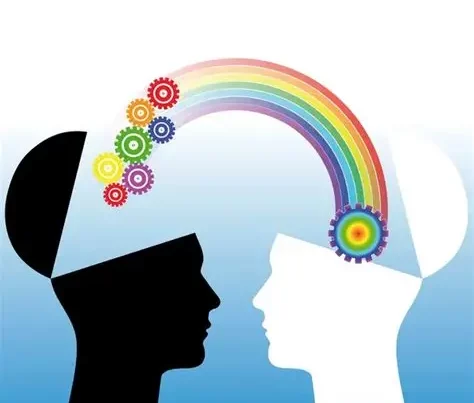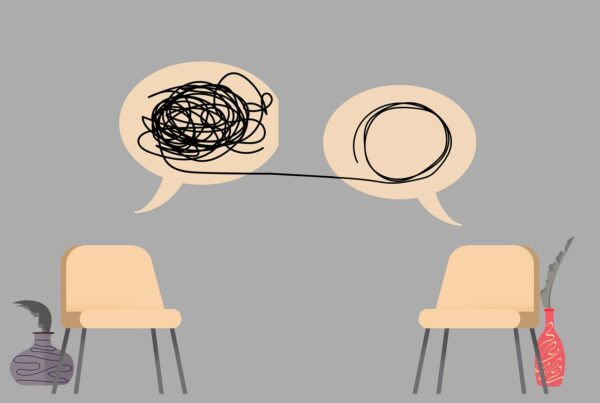Self-injury is intentionally hurting the body (e.g. cutting, burning etc..) but without suicidal intent. Because it often looks like a suicidal gesture it tends to evoke fear and confusion. Its very nature seems to defy deep instinctual human drives for self-preservation as well strong social taboos related to self-inflicted injury. Join Dr. Whitlock for a high-level overview of NSSI epidemiology, function, and relationship to suicide. We’ll also talk about common treatment approaches and the vital role of schools and parents in detecting and supporting the healing process.
Learning Objectives | By the conclusion of this event, participants will be able to:
- Identify key features of self-injury epidemiology and function.
- Understand core principles in effective self-injury detection and intervention.
- Understand the role of families and schools in NSSI intervention.
Presenter | Janis Whitlock, PhD, is a developmental psychologist, researcher, and consultant. She is Emerita research faculty at Cornell University. She is also the founder and director of the Self-Injury and Recovery Resources website which houses resources for individuals with self-injury experience, youth serving professionals, and caregivers, among others. She now dedicates her time to actively supporting youth serving organizations in direct and effective application of knowledge. Her four-decade career includes direct service, program development and evaluation in the area of women’s and youth sexual health followed by 25 years of direct research in areas related to youth mental health and wellbeing. She is the author of numerous publications and is co-author of the book, Healing Self-Injury: A Compassionate Guide for Parents and Other Loved Ones and co-editor of the upcoming volume, Oxford handbook on non-suicidal self-injury. Dr. Whitlock is dedicated to helping youth, families and larger communities thrive.
Thank you to our sponsors:





